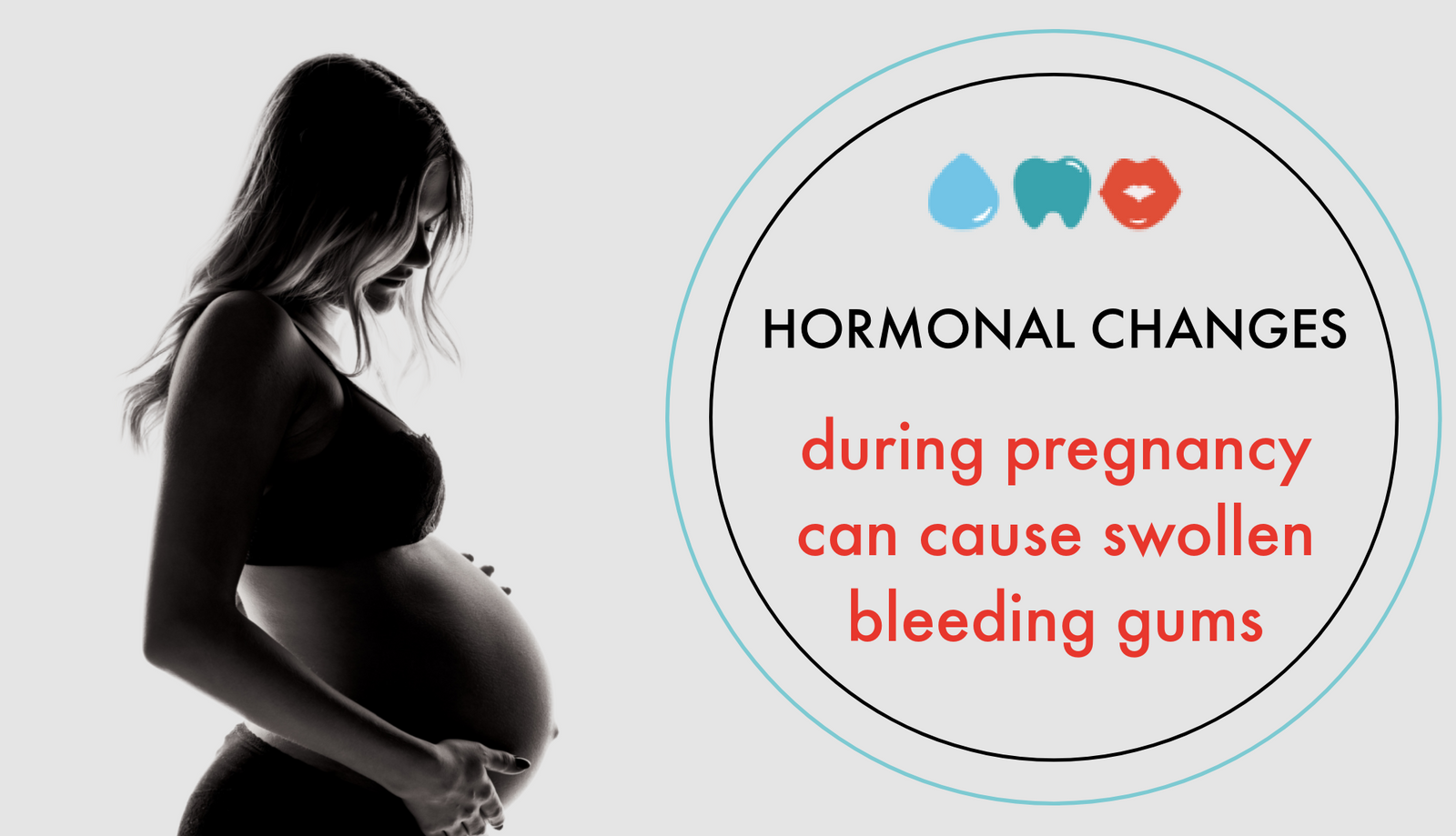
Introduction:
From morning sickness to food cravings, pregnancy comes with a whole host of unusual symptoms. One you may not be expecting (but very well could experience) is pregnancy gingivitis. There's a lot of misinformation out there about pregnancy gingivitis. Some people believe that it's a made-up condition, while others think that it's just regular gingivitis with a different name. In reality, pregnancy gingivitis is a very real condition that affects a significant number of pregnant women. Here's what you need to know about pregnancy gingivitis: what causes it, how to prevent it, and how to treat it.
What is Pregnancy Gingivitis?
Pregnancy gingivitis is a form of gum disease that is caused by hormonal changes during pregnancy. These changes make your gums more sensitive and susceptible to inflammation. In addition, pregnancy gingivitis is often accompanied by an increase in plaque buildup. Plaque is a sticky film of bacteria that forms on your teeth and gums. If not removed, plaque can harden into tartar, if left untreated, it can lead to more serious gum disease. Anywhere from 50 to 70 percent of pregnant women experience these symptoms, which are most likely to crop up during the second and third trimesters. 1
Causes of Pregnancy Gingivitis
There are a few different things that can contribute to the development of pregnancy gingivitis. These include hormonal changes (which make your gums more sensitive), morning sickness (which can lead to inadequate brushing and flossing), and an increased intake of sugary foods (which feed the bacteria in your mouth).
Symptoms of Pregnancy Gingivitis
Pregnancy gingivitis is gum disease which affects many pregnant women. It is caused by an increased sensitivity to plaque and can be identified by irritated, swollen, or bleeding gums. If left untreated, it could lead to gum recession and even tooth loss. Good oral hygiene habits like brushing twice a day, flossing daily, and visiting the dentist regularly should be part of any pregnant woman's routine for good oral health. Additionally, proper home care such as rinsing with warm salt water or using a special mouthwash can also help reduce inflammation. However, if symptoms persist after self-care methods have been carried out, it is important to consult a dental professional as soon as possible. Left untreated, pregnancy gingivitis can progress into periodontal disease, which can put you at risk for preterm labor and birth. 2
How to Prevent and Treat Pregnancy Gingivitis

The good news is that pregnancy gingivitis is highly treatable—and even preventable.3 Here are a few things you can do:
- Brush twice a day with a soft-bristled toothbrush and fluoride toothpaste. Be sure to brush gently so as not to irritate your already sensitive gums.
- Water floss daily to remove plaque from between your teeth and beneath your gum line—areas that your toothbrush can't reach. Water flossing has been proven more effective at reducing bleeding gums than string floss.
- Rinse with a mouthwash once or twice a day. This will help reduce the number of plaque-causing bacteria in your mouth. It is important to thoroughly rinse your mouth with water after vomiting due to morning sickness.
- See your dentist regularly for professional cleanings and checkups.
- Eat a healthy diet full of fruits, vegetables, whole grains, and lean proteins—and limit sugary snacks and drinks. A healthy diet will help keep your teeth and gums strong during pregnancy (and beyond).
- Avoid tobacco products-smoking increases your risk for periodontal disease (and also harmful effects on your baby).
Link to FREE ebook about gingivitis
Conclusion:
With proper treatment, you can get rid of pregnancy gingivitis—and keep your smile healthy throughout your entire pregnancy! Taking care of your teeth and gums is important at any time—but it's especially crucial when you're pregnant. If you're experiencing any symptoms of pregnancy gingivitis, make sure to talk to your dentist right away so they can help you develop a plan for keeping your mouth healthy throughout your pregnancy. ToothShower is a great way to treat bleeding gums, it is an easy-to-use appliance that attaches to your shower head and provides a steady stream of water to clean your teeth and gums.
Sources:
- https://www.cdc.gov/oralhealth/publications/features/pregnancy-and-oral-health.html#:~:text=Nearly%2060%20to%2075%25%20of,by%20changing%20hormones%20during%20pregnancy.
- https://www.dentalhealth.org/news/study-highlights-link-between-gum-disease-and-premature-labour#:~:text=Pregnant%20women%20with%20gum%20disease,a%20perfect%20pregnancy%20(29%25).
- https://www.healthline.com/health/pregnancy/gingivitis#prevention
The post Pregnancy Gingivitis: What You Need to Know appeared first on ToothShower.


Leave a comment (all fields required)